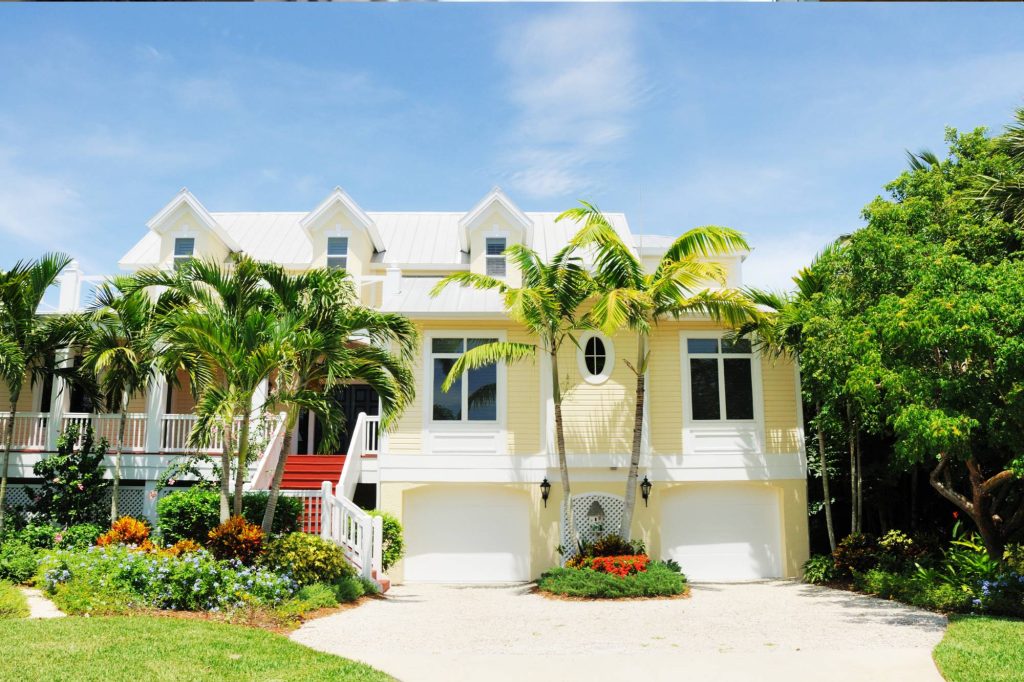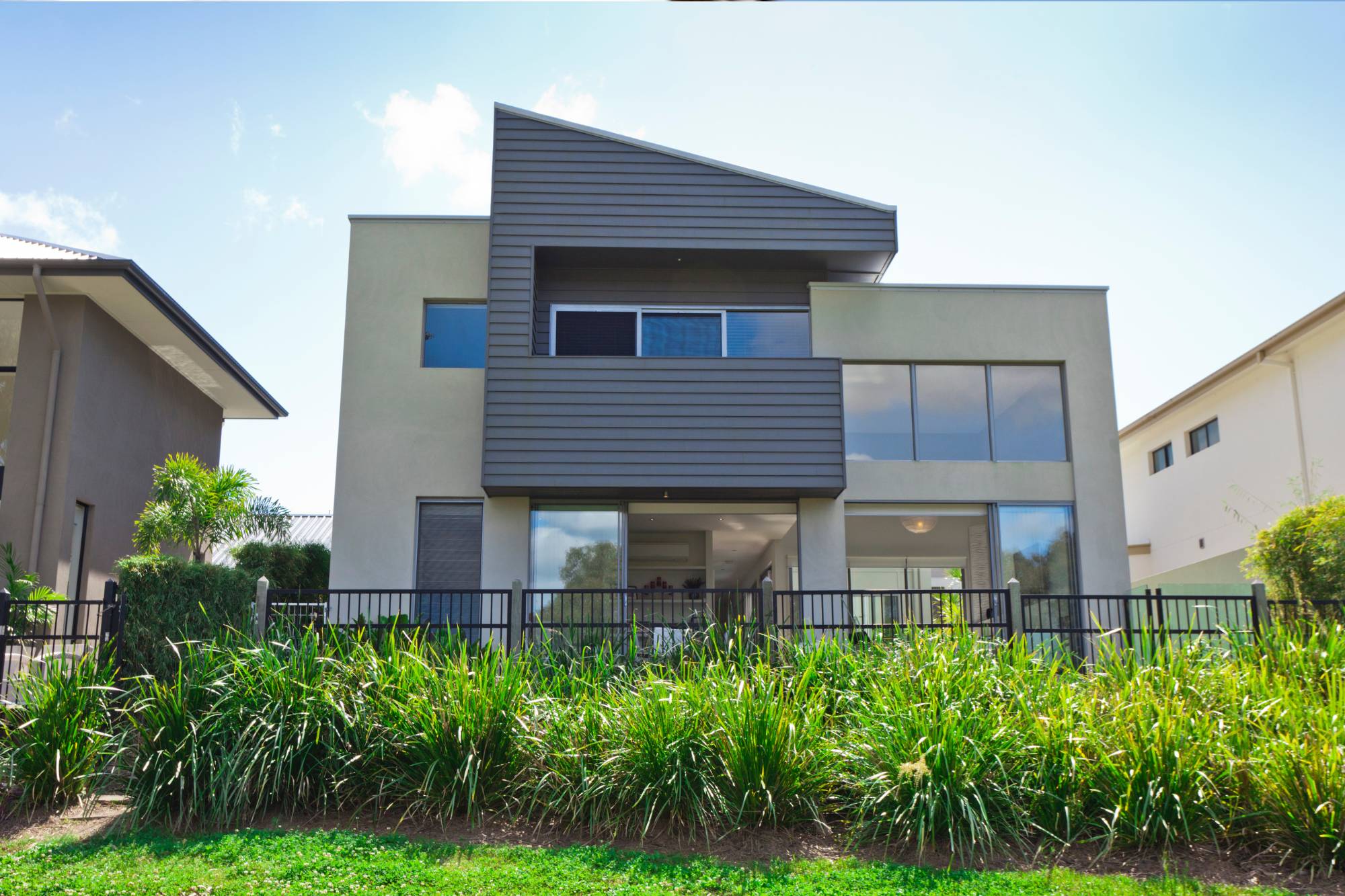Owning property in Australia can be a rewarding experience, whether for personal use, as an investment, or both. Many Australians wonder if they can use their property as a vacation home or to earn extra income through short-term rentals.
If you’ve ever asked, “Can I use my Australian property as a vacation home?” this article will guide you through the key considerations, including tax implications, rental options, regulatory requirements, and best practices.
Let’s Get Straight to the Point
You can use your Australian property as a vacation home or as a short-term rental to earn extra income.
While personal use is not restricted, renting comes with tax obligations, including reporting rental income and claiming deductions for eligible expenses. Regulations for short-term rentals vary by state, with specific rules in places like NSW, Victoria, and WA.
Depending on its usage history, you may face Capital Gains Tax (CGT) when selling your vacation home. To manage your vacation home effectively, keep accurate records, ensure compliance with local laws, and secure proper insurance.
Personal Use Of Your Australian Property
Yes, you can certainly use your Australian property as a vacation home. No restrictions are preventing you from using the property for personal vacations.
This is one of the main reasons people buy second homes. Whether you own a beach house, a rural retreat, or a city apartment, you can visit and enjoy your property whenever you choose.
If you do not rent out the property, you won’t need to report anything on your tax return until you decide to sell it. However, remember that the property must be genuinely for personal use.
If you regularly rent it out for short periods, the situation changes, affecting how you report things on your tax return.
Renting Out Your Vacation Home
Many property owners rent their vacation homes to earn extra income, especially when not using the property. This is a common and popular option.
Websites make it easier than ever for property owners to list their homes as short-term rental options. Renting out your property for short-term stays can generate extra income, which can help cover the costs of property ownership, such as mortgage repayments, maintenance, and utilities.
Short-term rentals have become increasingly popular in Australia, especially in tourist-friendly areas like Sydney, Melbourne, and the Great Barrier Reef. If you rent out your vacation house, keep thorough records of your rental revenue and expenses.
These will be important for tax purposes. Additionally, you’ll need to consider the ongoing costs involved in managing the property, such as property management fees, repairs, and maintenance.
Tax Implications Of Renting Out Your Vacation Home
While renting out your vacation home can generate income, it also brings certain tax responsibilities. Your tax return must include any taxable rental income from your property.
Deductions are also available for some costs associated with the rental property. Some common deductions for vacation homeowners include:
- Mortgage Interest: If the property is used for rental purposes, you can deduct the interest on the mortgage.
- Property Management Fees: These costs are deductible if you contract with a property management business to look after your holiday rental
- Maintenance and Repairs: You can deduct any expenses for maintaining or repairing the property, including cleaning, landscaping, and general upkeep.
- Utilities and Council Rates: If the property is rented out, you can deduct the costs of utilities (like electricity and water) and council rates.
- Depreciation: Depreciation on the property and its furnishings is another claim you might make.
However, it’s important to note that these deductions must be apportioned. For example, if you use the property for personal vacations for part of the year, you can only claim deductions when the property is genuinely available for rent. You cannot claim deductions when the property is for personal use.
Regulatory Considerations For Short-Term Rentals
If you plan to rent out your vacation home, it’s important to understand the various regulations in different states of Australia.
Each state has its own set of rules governing short-term rentals, which can impact how you rent your property. Below are some examples of state-specific regulations:
- Tasmania: In Tasmania, hosts must register with the local council for a permit to rent their property in the short term. Without this permit, you may not be legally allowed to rent out your property.
- New South Wales (NSW): NSW has implemented day limits for short-term rentals. In some areas, the limit is 180 days per year if the property is rented out without the host present. Different rules apply if the host stays on the property during rentals.
- Victoria: In Victoria, owners’ corporations can take action against owners who rent out and cause disruptions or violate short-term stays if the rentals are causing disruption or violating building rules.
- Western Australia (WA): Western Australia is introducing new rules, including a 90-night cap on short-term rentals in Perth without council approval. This regulation may limit the time you can rent out your vacation home.
- Byron Bay: Byron Bay, known for its high tourism, has caps on unhosted shows because it houses the Byron Bay caps in the local community.
Before renting out your vacation home, it is essential to research and understand the regulations specific to your area. Failing to comply. Failure
Capital Gains Tax (CGT) Considerations
You might have to pay Capital Gains Tax (CGT) on any profits you make when you sell your vacation house. This rule does have some exceptions, though. If the property has been your main residence for part of the time you owned it, you may qualify for a partial CGT exemption.
For example, if you used the property as your primary home for a few years before turning it into a vacation or rental property, you may not have to pay CGT on the portion of time it was your primary residence.
This exemption can help reduce the tax burden when you sell. It’s important to keep detailed records of when the property was used as your main residence and when it was used for rental purposes to calculate any potential CGT liability.
Best Practices For Vacation Home Owners
If you decide to use your Australian property as a vacation home or rent it out short-term, there are a few best practices to keep in mind to ensure your success:
- Keep Accurate Records: Keep thorough records of all the money you make and spend on your vacation property, including interest on your mortgage, rental income, and any repairs or upgrades.
- Ensure Compliance: Ensure your property complies with all relevant regulations, including building codes, fire safety standards, and local council requirements.
- Obtain Insurance: It’s essential to have the right insurance coverage, especially if you’re renting the property out. Short-term rental insurance can protect you against liability, property damage, and lost income.
- Monitor the Market: Stay informed about the local rental market and demand for vacation homes. This will help you set competitive rates and maximise your rental income.
- Consider Your Long-Term Financial Goals: Consider how using your property as a vacation or rental home fits your long-term financial plans. Renting out the property may generate income, but you should also consider the impact on the property’s value and future goals.
In summary, you can use your Australian property as a vacation home. You can enjoy the property for personal vacations or rent it for additional income, but important tax, regulatory, and financial considerations must be considered. Renting out the property can provide a lucrative source, but also comes with tax responsibilities and specific state regulations.
By complying with local laws and understanding the tax implications, you can enjoy your vacation home while managing your investment wisely. Remember to carefully consider your alternatives, as renting out your house for a short time or as a holiday home can impact your finances and the value of your property.



